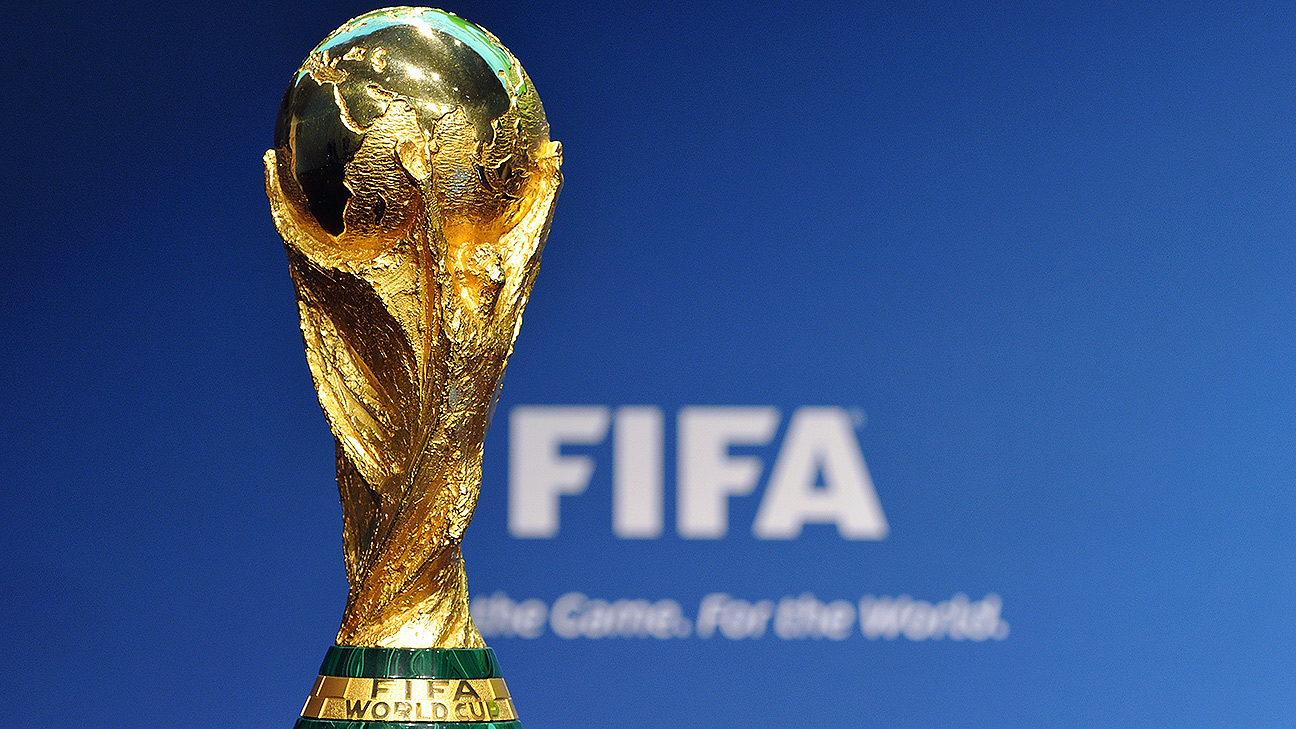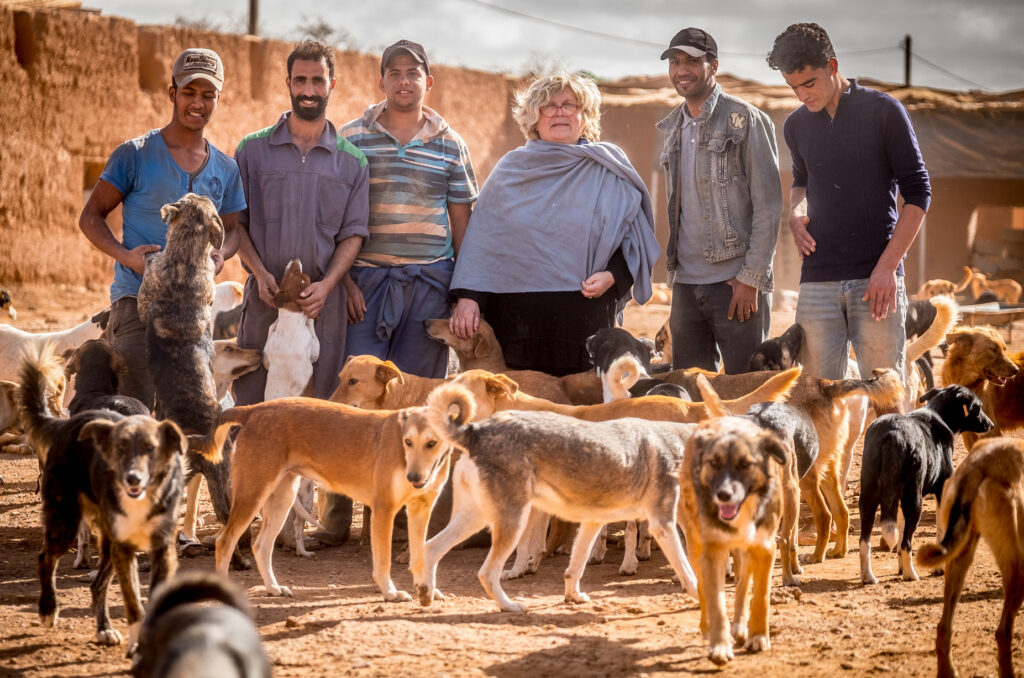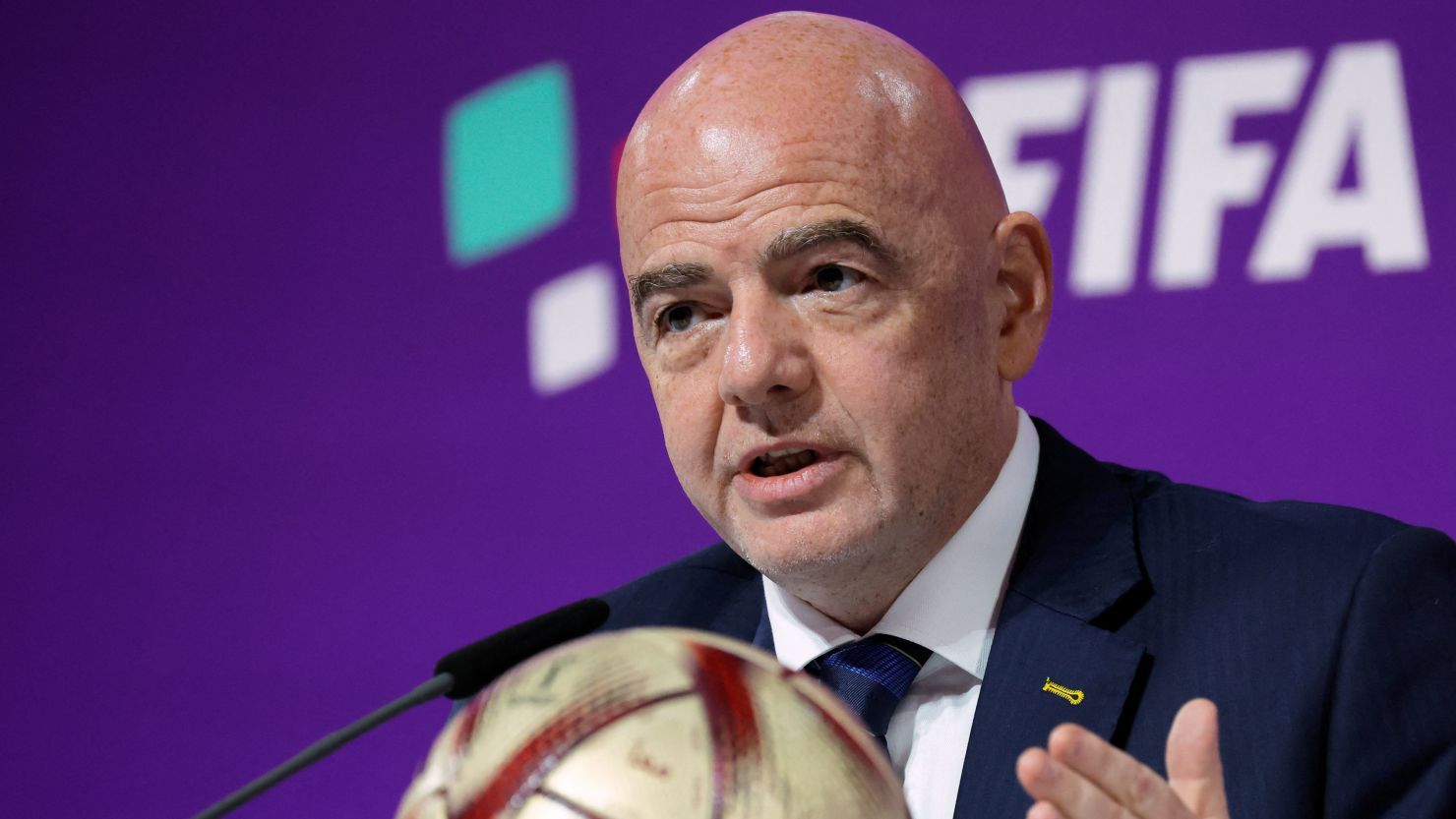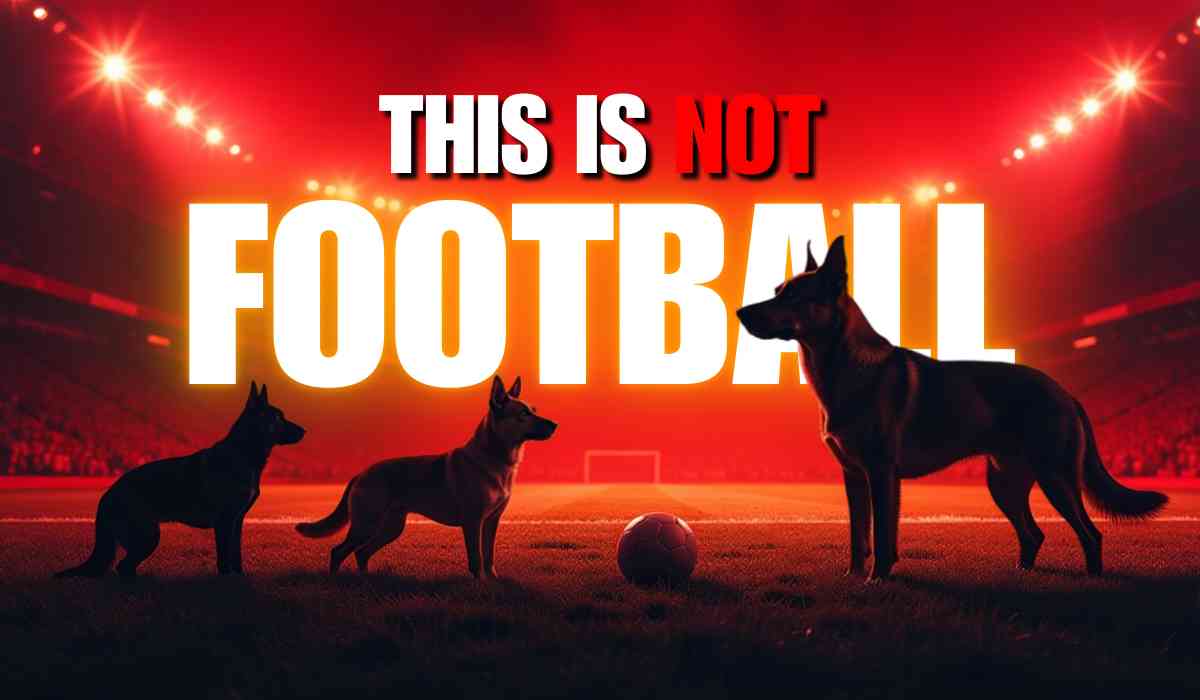Morocco's announcement to cull up to three million stray dogs ahead of the 2030 FIFA World Cup has sparked global outrage and condemnation from animal rights activists and organizations. The decision, aimed at enhancing the country's appeal for tourists during the prestigious tournament, has been described as a brutal and inhumane approach to managing the stray dog population.

Details of the Incident
Reports indicate that Moroccan authorities are resorting to inhumane methods for this culling, including the use of strychnine, a highly toxic poison, to kill dogs. Additionally, there are allegations of dogs being shot in public spaces and surviving animals being beaten to death with shovels.
The International Animal Welfare and Protection Coalition has raised alarms about the potential mass extermination, warning that up to three million dogs could be killed as part of this campaign.
Despite Morocco having legal protections against the culling of street dogs, reports suggest that these actions are continuing without intervention from local law enforcement.
Animal welfare organizations advocating for humane alternatives, such as trap-neuter-vaccinate-release (TNVR) programs, face increasing obstacles as they struggle with overcrowded shelters and dwindling resources.
Prominent figures like Jane Goodall, a renowned primatologist and animal rights advocate, have condemned these actions. In an open letter to FIFA, she urged immediate intervention to halt the killings and called for Morocco's hosting duties to be suspended if the culling persists.
Call to Action
This situation presents an urgent call for action not only from animal rights advocates but also from FIFA and global football authorities. Football is a sport that unites people through passion and camaraderie; it should not be associated with violence or inhumane treatment of animals. There is always a Plan B—humane solutions exist that can effectively manage stray populations without resorting to brutality.If FIFA and Moroccan authorities take a stand against these actions, they can help prevent this massacre from occurring. The international community is watching closely; now is the time for decisive action. We must advocate for humane treatment of all beings, ensuring that the legacy of the World Cup reflects values of compassion and respect rather than cruelty.As we approach this significant event in 2030, let us remember: Football does not teach us violence. It teaches us unity, respect, and love for all creatures. By standing together against this culling, we can ensure a brighter future for both animals and fans alike.

How do Moroccan citizens feel about the proposed culling of stray dogs?
Moroccan citizens have expressed a mix of outrage, concern, and disappointment regarding the government's proposed culling of up to three million stray dogs in preparation for the 2030 FIFA World Cup. The announcement has ignited significant backlash from both local and international animal welfare advocates, as well as from segments of the Moroccan population.
Public Sentiment
- Outrage Against Inhumane Methods: Many citizens are appalled by the reported methods of culling, which include poisoning with strychnine, shooting, and physical violence against the animals. This brutality has led to widespread condemnation from animal rights groups and has resonated with many Moroccans who view these actions as unacceptable and inhumane.
- Support for Humane Alternatives: There is a growing call among citizens for the government to adopt more humane solutions, such as trap-neuter-vaccinate-release (TNVR) programs. Advocates argue that these methods not only address the stray dog population but also improve community health by preventing rabies transmission. Local organizations like Morocco Animal Aid are actively promoting these alternatives but face challenges in gaining government support.
- Cultural and Ethical Concerns: The proposed culling has raised ethical questions about animal welfare in Morocco. Many citizens believe that compassion towards animals reflects broader societal values. Reports indicate that witnessing violent acts against animals can negatively impact children, leading to calls for a more compassionate approach to stray dog management.
- Desire for Government Accountability: Citizens are urging their government to listen to the voices of animal welfare organizations and to adhere to international standards regarding animal treatment. There is a sentiment that Morocco should be a leader in humane animal management rather than resorting to violence as a solution.
Conclusion
The proposed culling of stray dogs has sparked significant debate within Morocco, highlighting a divide between governmental actions and public sentiment. Many Moroccans advocate for humane treatment of animals and are calling on their government to reconsider its approach in favor of sustainable and ethical solutions. As global attention focuses on Morocco ahead of the World Cup, the pressure is mounting for authorities to act in accordance with both local values and international standards for animal welfare.

FIFA's take on this
FIFA has not yet issued an official statement regarding Morocco's controversial plan to cull up to three million stray dogs ahead of the 2030 FIFA World Cup. However, sources indicate that the organization is closely monitoring the situation and conducting site inspections of the proposed venues for the tournament.The global outcry over the culling, which involves inhumane methods such as poisoning with strychnine and shooting, has prompted significant criticism from animal welfare organizations and activists. Renowned primatologist Jane Goodall has publicly urged FIFA to intervene, calling for the suspension of Morocco's hosting duties if the culling continues.
Despite Morocco's legal protections against the culling of street dogs, reports suggest that these actions are ongoing, often without intervention from local law enforcement. The international community is advocating for humane and sustainable approaches to manage the stray dog population in line with global animal welfare standards. As the situation unfolds, FIFA's response will be crucial in addressing both animal welfare concerns and maintaining its reputation as a global sporting authority.
With inputs from agencies
Image Source: Multiple agencies
*The views expressed are personal to the author and do not reflect the platform's opinion of the same.
© Copyright 2024. All Rights Reserved Powered by Vygr Media.
























